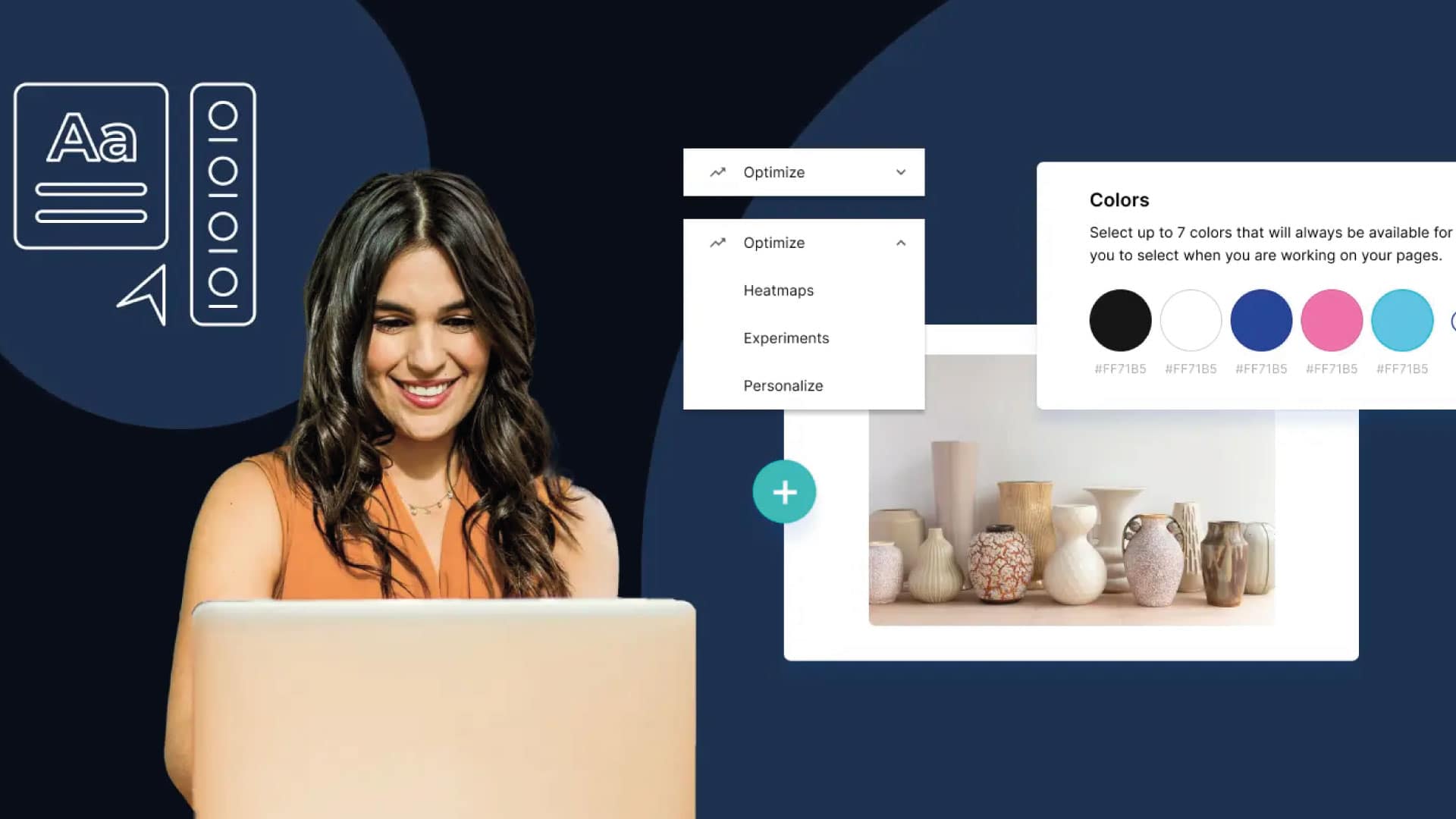Transforming Recruitment: The Future of Hiring in a Digital Era
Embracing AI and Machine Learning in Recruitment Processes
A major shift in recruitment practices today is the incorporation of Artificial Intelligence (AI) and Machine Learning (ML). These innovative technologies are instrumental in automating mundane tasks, such as resume screenings and initial candidate evaluations. By leveraging algorithms powered by AI, recruitment software can sift through multiple applications in a matter of seconds, identifying top candidates whose qualifications align with predefined criteria. This automation considerably minimizes the manual effort and time previously required for the early stages of recruitment.
Moreover, the sophistication of ML models has enhanced their ability to provide accurate candidate recommendations. These models continuously learn from previous hiring outcomes, improving the quality of recommendations over time. As AI and ML technologies evolve, they are expected to significantly reduce the time taken to fill positions while improving the caliber of each hire. This way, organizations not only maintain competitiveness but also optimize their hiring processes for better talent acquisition outcomes. In a world where every second counts, the integration of AI and ML into recruitment software transforms the hiring experience for both recruiters and candidates alike.
Elevating the Candidate Experience Through Modern Tools
Another vital trend shaping recruitment today is the focus on enhancing candidate experience. The influx of modern recruitment software has designed user-centric interfaces, promoting a seamless experience for candidates from the application phase through to onboarding. Automated communication tools ensure timely updates are sent to candidates, while chatbots can handle frequently asked questions, keeping applicants well-informed and engaged.
Intuitive, mobile-optimized applications further facilitate job seekers in navigating through application processes with ease, allowing them to apply for positions and track their application status effortlessly. Candidates can now receive personalized and relevant communications that keep them engaged throughout the hiring process. Whether it’s updates about their application status or tailored AI-driven job suggestions, the aim is to create a candidate-specific experience. By prioritizing the candidate experience, organizations position themselves as desirable employers in a competitive job market, fostering long-term relationships with potential hires.
Leveraging Data for Informed Decision-Making in Recruitment
In an age where data is a valuable asset, recruitment is no exception. The reliance on data-driven insights is becoming increasingly crucial in talent acquisition. Today, many recruitment software solutions are equipped with advanced analytics tools, allowing recruiters to monitor a variety of metrics related to their hiring strategies. From understanding which job postings yield the best results to determining the most efficient recruitment methods, these insights enable organizations to refine and enhance their recruitment efforts continually.
Data doesn’t just help in fine-tuning recruitment strategies; it also aids in forward-thinking. Using predictive analytics, organizations can anticipate hiring needs by analyzing historical data and market trends. This proactive approach allows companies to identify potential talent gaps before they materialize, thus ensuring they are prepared to meet future workforce needs. As recruitment software becomes more sophisticated, the importance of data-driven decision-making is set to rise, ultimately leading to improved hiring outcomes and organizational success.
Adapting to Remote Work and Flexible Hiring Models
The shift towards remote work has also transformed recruitment practices, promoting flexibility in hiring processes. Modern recruitment software is designed to facilitate remote hiring, enabling companies to broaden their talent searches without geographical limitations. Tools for video interviews, virtual assessment centers, and online onboarding are now essential components of the recruitment toolkit.
This flexibility enhances the candidate experience by respecting their time and comfort levels while opening the door for organizations to connect with candidates worldwide. As remote work continues to gain traction, businesses that can effectively conduct recruitment processes from any location will likely position themselves ahead of the competition. This adaptability not only broadens the talent pool but also aligns with the expectations of today’s job seekers, who often prioritize flexible work arrangements.
Streamlining Recruitment Through Integration and Automation
Integration and automation stand at the forefront of modern recruitment software trends. By unifying various HR tools and systems into a single platform, organizations can streamline the entire talent acquisition process. This integration minimizes manual data entry errors and fosters seamless workflows, ultimately enhancing operational efficiency.
Automation tools, including automated scheduling for interviews and email reminders, free up recruiters’ time from routine administrative tasks and allow them to focus on high-value activities that contribute to strategic hiring decisions. This interconnected approach ensures that HR departments can share pertinent data effectively and collaborate across various branches, leading to a more cohesive and informed recruitment strategy.









